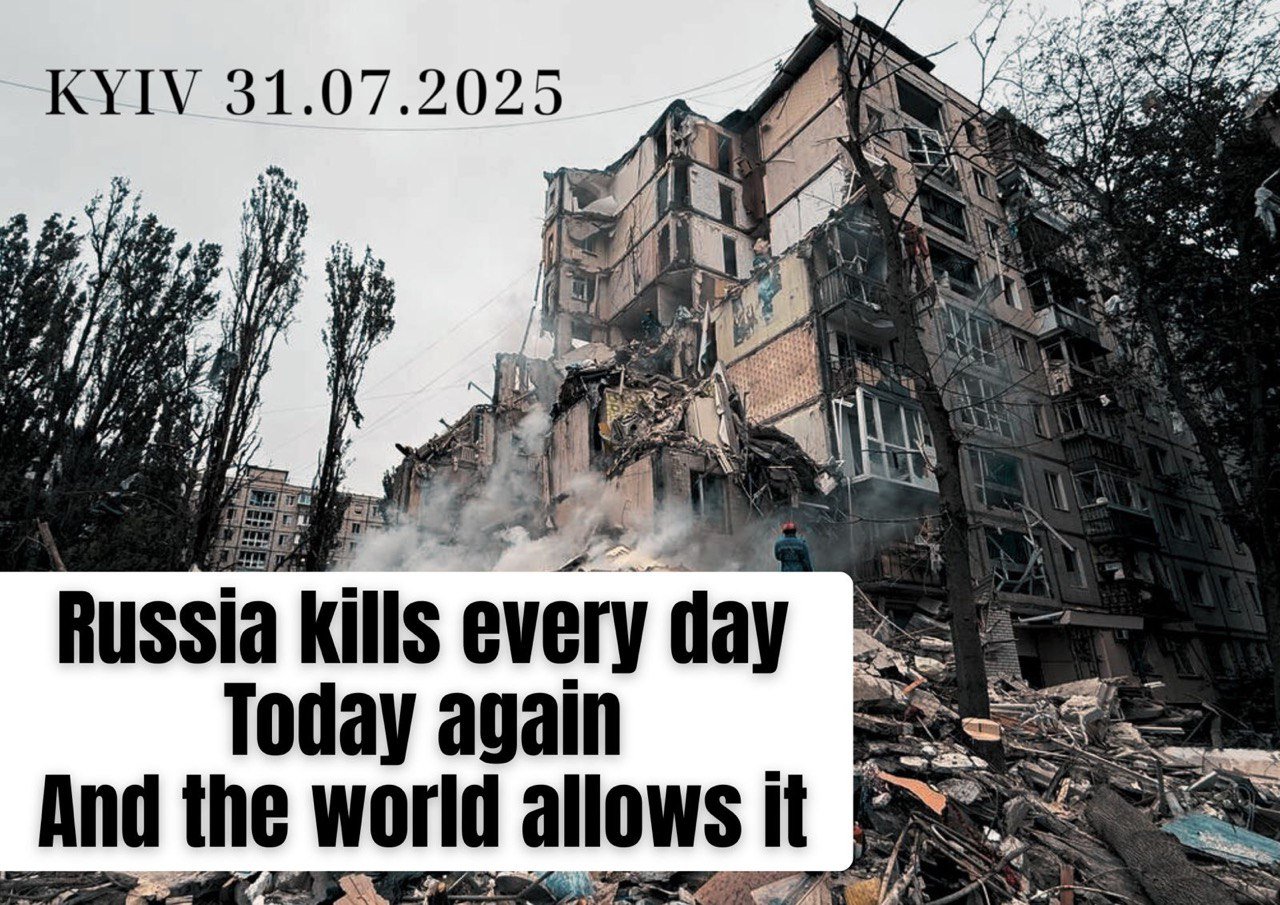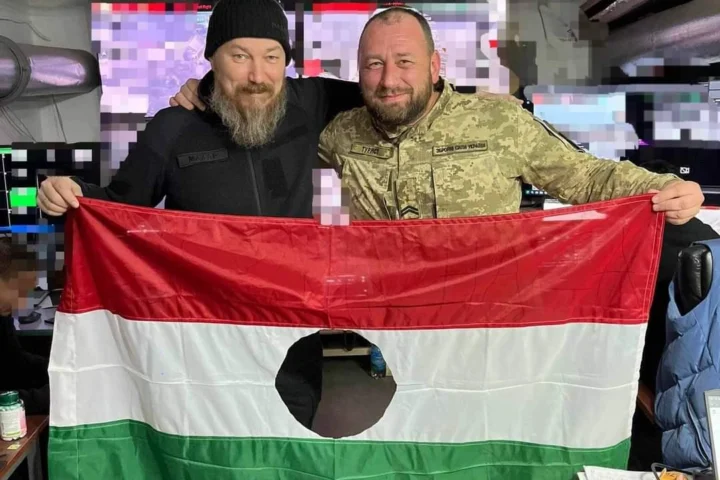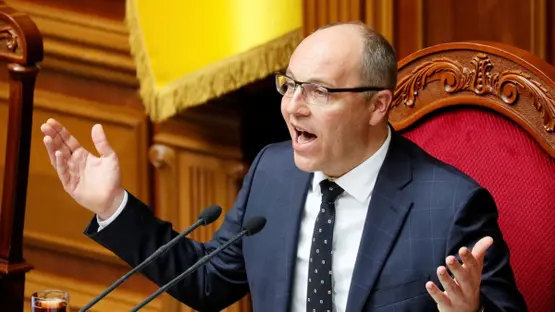In the early hours of July 31, Russia launched a massive missile and drone attack on Kyiv, killing six people and wounding at least 52 others — including nine children — in one of the deadliest strikes on the Ukrainian capital in recent months. The assault came just two days after former U.S. President Donald Trump publicly set a 10-day deadline to end the war, a remark that appears to have triggered a pointed response from the Kremlin.
Civilian infrastructure hit in multiple Kyiv districts
According to local authorities, over 300 drones and eight missiles targeted the capital, damaging residential areas across Solomianskyi, Sviatoshynskyi, Shevchenkivskyi, and Holosiivskyi districts. A direct hit on a nine-story apartment block in Sviatoshynskyi district caused the building’s entrance to collapse entirely, leaving dozens trapped under rubble. Homes, a school, a kindergarten, and a medical facility were also struck in what officials described as a deliberate assault on civilian infrastructure.
Kremlin reshapes diplomacy into coercion
The strike is being interpreted by analysts as a calculated move in response to Trump’s July 29 statement, where he claimed the war in Ukraine could end within ten days under his leadership. Russian President Vladimir Putin appears to have flipped that narrative into a timeline of intimidation. Far from seeking a diplomatic breakthrough, the Kremlin has instead signaled it will set the terms — not at negotiation tables, but through brute force.
This latest escalation underscores how Moscow views diplomacy not as a path to peace, but as an extension of warfare by other means. According to Ukrainian officials, Russia’s aim is not just to pressure Kyiv, but to force Washington to recognize it as a key broker in any peace deal — on Russia’s terms.
Strategic messaging disguised as terror
The timing of the attack — closely following Trump’s vague peace proposal and growing media speculation in the West about a potential end to the war — is seen as intentional. By striking Kyiv, the Kremlin sent a message: any effort to resolve the conflict without satisfying Moscow’s demands will be met with destruction. The “10-day peace plan” has effectively been converted into a “10-day ultimatum,” where each day could bring new violence if the West fails to conform.
Psychological and political warfare
Beyond the physical devastation, the attack also served as a psychological operation. The Kremlin aims to undermine morale, sow doubt about Ukraine’s long-term resilience, and provoke political fractures both inside Ukraine and among its international backers. The strike is not just an act of war — it’s a test for Washington. As Trump pushes for a “quick deal,” Moscow is demanding to be treated as an equal, threatening further instability if it is sidelined.
This attack highlights the high-stakes geopolitical calculus unfolding around Ukraine. The Kremlin is not preparing for a ceasefire, but for a new phase of violence. It is increasing weapons production, testing Ukrainian air defenses, and probing the West’s response thresholds.
Moscow doubles down on violence as diplomatic tool
Russia’s playbook of terrorizing civilians remains unchanged: from hospitals to apartment buildings, it continues to target non-military sites with precision weapons. This is not collateral damage — it is a systematic campaign to break Ukrainian society, create humanitarian crises, and wear down international resolve.
As the West considers its next steps, this attack serves as a stark reminder: calls for peace without credible deterrence may only invite further aggression. The Kremlin has chosen escalation over negotiation, and its message is unmistakable — peace will not be given, it must be enforced.










